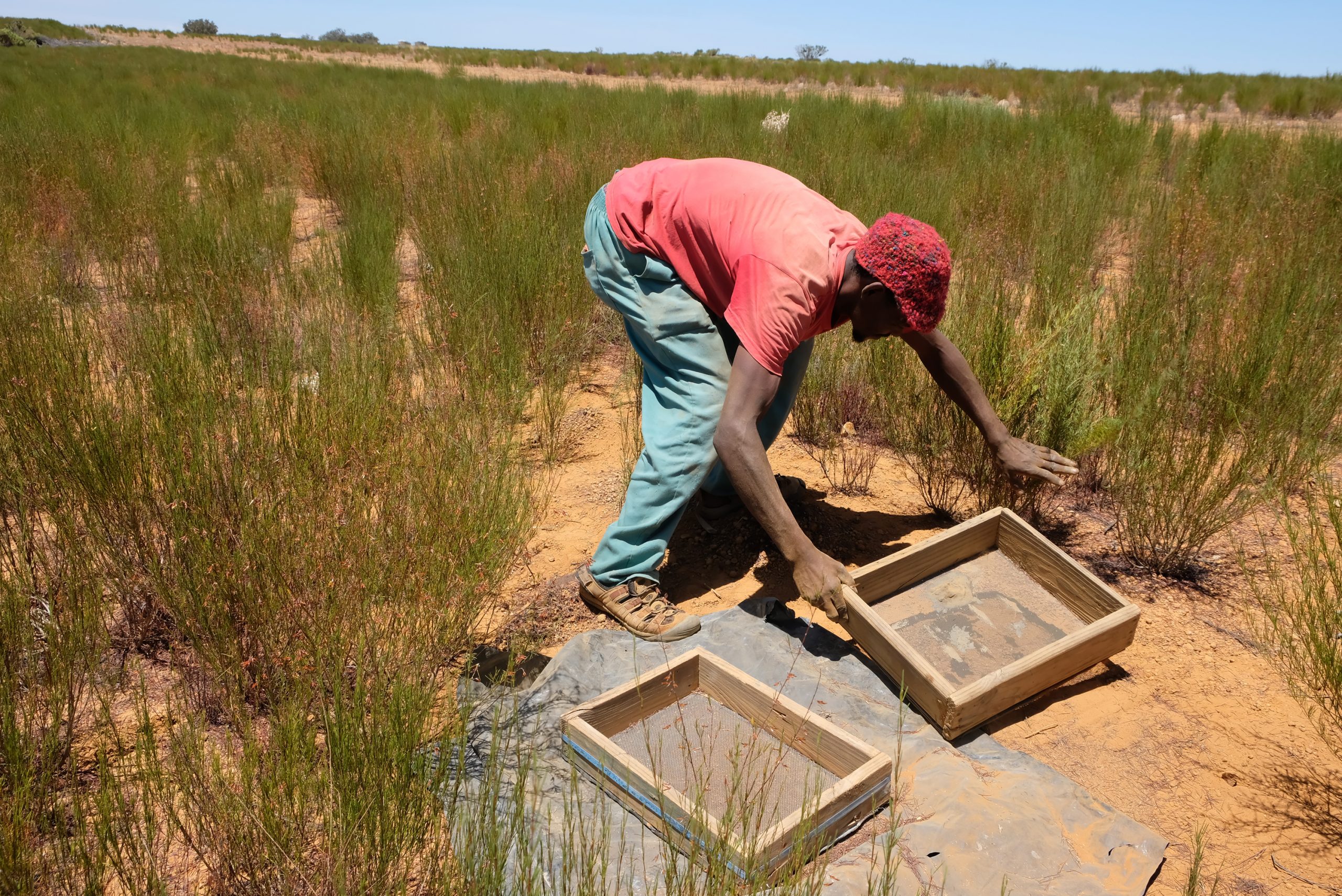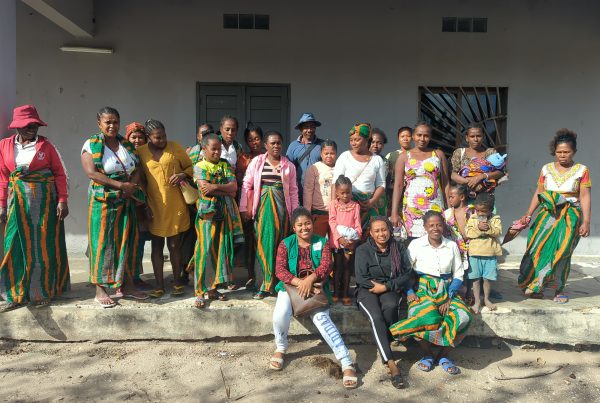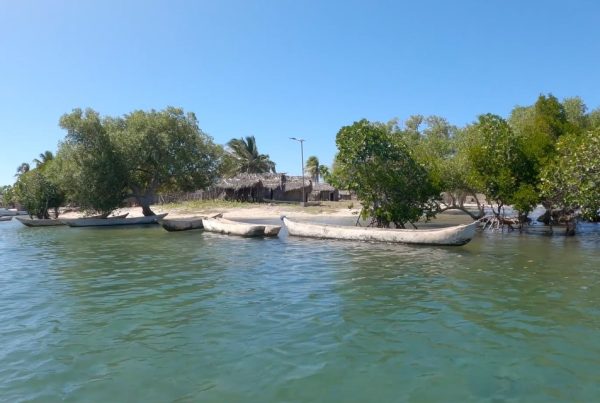This is the abstract of a 2019 article by Schroeder et al. published in the Cambridge Quarterly of Healthcare Ethics.1
‘The Convention on Biological Diversity (CBD) and its 2010 Nagoya Protocol brought about a breakthrough in global policy making. They combined a concern for the environment with a commitment to resolving longstanding human injustices regarding access to, and use of biological resources. In particular, the traditional knowledge of indigenous communities was no longer going to be exploited without fair benefit sharing. Yet, for 25 years after the adoption of the CBD, there were no major benefit sharing agreements that led to significant funding streams for indigenous communities. This changed with the signing of the Rooibos Benefit Sharing Agreement in South Africa.
A farmer harvesting rooibos. Credit: Natural Justice.
Ecosystems
- Desert
Topics
- Genetic diversity and Access and Benefit Sharing
Type
- Short-form
Date
- This case study forms part of LBO-2, originally released in 2020.

Selling rooibos tea produced by the Khoi-San. Credit: Ivan Vaalbooi.
As the authors report, the Rooibos Agreement is a superlative in two respects. It is the biggest benefit sharing agreement between industry and indigenous peoples to date. It is also the first industry-wide agreement to be formed in accordance with biodiversity legislation. This article is a co-production between traditional knowledge holders, the lawyer who represented their interests, the Co-Chair of the Nagoya Protocol negotiations, and an ethicist who analysed the major challenges of this historic agreement. With no precedent in the benefit sharing world, the agreement stands as a concrete example of the art of the possible. Although the rooibos case is unique in a number of aspects, the experience offers many transferable insights, including: patience; incrementalism; honesty; trust; genuine dialogue; strong legal support; a shared recognition that a fair, win-win deal is possible; government leadership; and unity amongst indigenous peoples. Such ingredients of success can apply well beyond southern Africa.’



